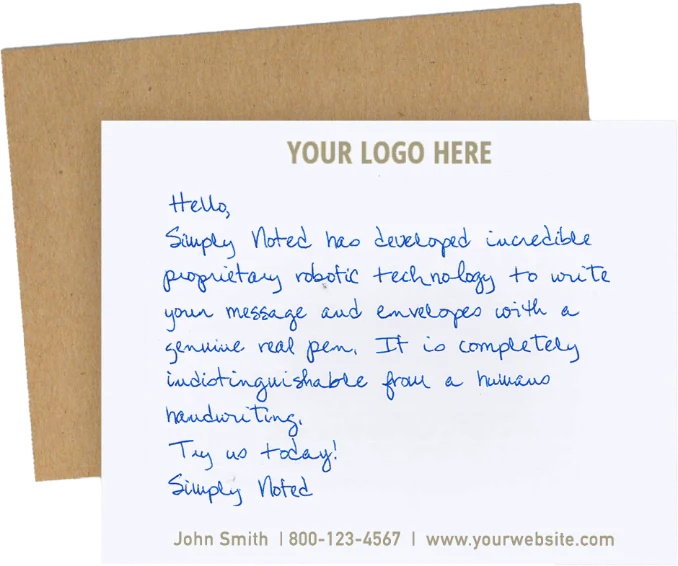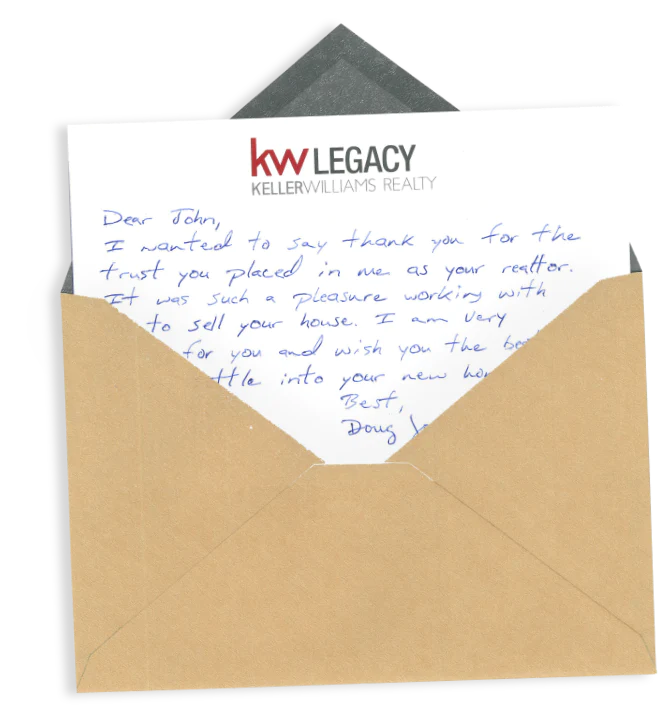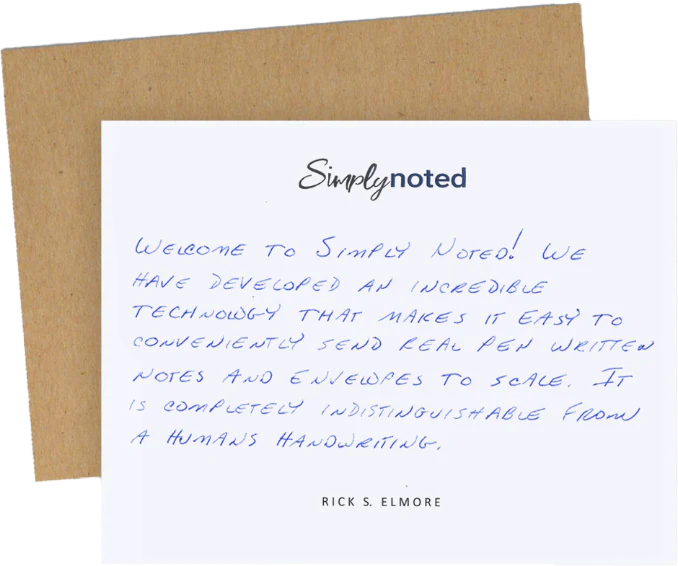The Complete Guide to Building Relationships with Employees

Positive workplace relationships are critical for any dynamic, growing organization. This social fabric regulates the flow of information, helps direct motivation and attention, and determines whether people’s wheels are spinning or things are getting done.
Employee relationships are fraught with challenges, however. Along with navigating appropriate and inappropriate behaviors, managers need to strike a balance between a friendly, relaxed culture and a responsibility-driven chain of command.
If you’re not there yet, know that you can develop fuller, more effective employee relationships. Bosses who make their expectations known, are fair in their judgments, and reward the good more frequently than punishing the bad will find developing healthy relationships with employees to be much easier. Let’s take a closer look.
SEE ALSO: The Complete Guide to Building Relationships with Clients
BE FRIENDLY, NOT FRIENDS
It’s important to establish some emotional distance with your employees. It’s wise to seek good-natured camaraderie, but you may find it harder to fulfill your managerial duties if you let true friendships develop. Consider how much harder it would be to reprimand a friend compared to an acquaintance.
Team building exercises are great. You can invite your team out to happy hour or bond over an office event. Just keep in mind that you’re are the boss. If your employees like you, that’s great. But it’s more important that they trust and respect you.

KEEP YOUR DOOR OPEN
Keep your door open metaphorically, that is. You’re certainly allowed to close it when needed. Having an open-door policy encourages healthy communication. Let your staff know that they can come to you about anything.
If they have concerns, let them know that you’ll listen without judgment and help to resolve the situation. If they have a great idea, tell them that you’ll help them develop the concept while giving them credit if they have a great idea. Be there to listen, offer advice, resolve conflicts, and knock ideas around.
These behaviors create a safe space where employees can be heard and where their contributions are valued. Mutual respect and clear paths of communication are the necessary results.
BE FREE WITH YOUR GRATITUDE
When people do a good job, let them know. Thank them for being a productive member of the team. When they go above and beyond, honor that sacrifice. Let them know how valued they are and how much you appreciate their commitment.
Employees who feel appreciated perform better — they’re more responsive, work harder, and make better stewards of the company’s fortunes. Because they feel valued, they’re more likely to take valuable actions, which creates a positive feedback loop.
As a side benefit, gratitude is contagious. If you make a habit of genuinely thanking employees when they do a good job or take one for the team, they’ll be more likely to pay it forward, spreading gratitude to their coworkers, vendors, and most importantly — your customers.
Expressing your gratitude can be done in two ways, and both are valuable. The first, an in-person “thank you,” is always welcome. When you want to express thanks for specific achievements quickly, a phone call, video chat, or a face-to-face talk are the best options.
But maybe you want to express more profound gratitude or thank someone for long-term stellar performance. Then a handwritten card is the right option. But this takes time that most busy executives and managers don’t have. Simply Noted offers the solution.
If you add your employees’ addresses into your Simply Noted address book, you can trigger automated, handwritten thank you cards whenever you need one. Simply type your message, choose the proper recipient, and our handwriting machines will put real pens to paper to create authentic-feeling handwritten notes personalized to your recipient. We can ever recreate your handwriting for a singularly genuine experience.

BE WILLING TO GIVE AND RECIEVE CONSTRUCTIVE FEEDBACK
Relationships of any kind work best built on trust and mutual respect. An essential component of this is a willingness to look at your shortcomings honestly. Never assume that you’re right just because you’re the boss. Respect your employees by acknowledging that they will sometimes know more than you and that their perspective is equally valuable. Be open to constructive feedback. Listening will only make you a better leader.
Show this same respect to your staff. When they ask for your opinion, be honest. It doesn’t serve the relationship or the company to sugarcoat difficult criticisms or simply avoid them entirely. Give honest feedback, but phrase it so that it helps staff members grow in their positions.
KEEP YOUR WORD AND EXPECT THE SAME OF OTHERS
We mentioned the importance of trust in the last section. Another way to build it is to do what you say you’re going to do and always take your own advice.
Few things sap employee motivation as quickly as a manager that says one thing while doing something else. If you reprimand someone for something that you do freely, they’ll lose respect for you. If you make a promise and you break it, your staff’s confidence in you will suffer. If you agree to keep something in confidence and then use it against the employee later, they’ll never come to you again.
Like feedback, keeping your word goes both ways, too. Let your employees know that you expect them to keep their word. When they do, be quick with praise. When they don’t, call them out. Let them know that you’re disappointed and try to shepherd them in the right direction.

CELEBRATE THEIR IMPORTANT MOMENTS
Let your employees know you care by calling out the happy moments in their lives. Make sure you know their birthdays, anniversaries, and other special occasions. Plug them into your HR or CRM software and then use Simply Noted’s convenient integrations to create automated, handwritten birthday, anniversary, and holiday cards, delivered on time, every time.
You don’t need to remember all of your employees’ birthdays to ensure they always get a heartfelt, handwritten message on time. You can schedule your mailing with Simply Noted in advance. This ensures you never miss an important moment in your employees’ lives.
Relationships require work. Like a garden, it’s not just enough to plant them. You also have to water and feed, pruning the bits you don’t want will accentuating the parts you do. With gratitude and respect, your employee “garden” can do amazing things, blossoming in all sorts of wonderful, unexpected ways. You just have to take the first steps.























